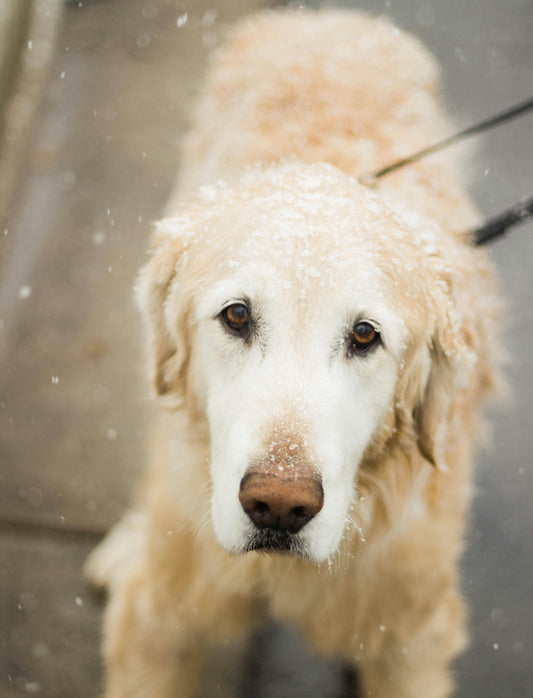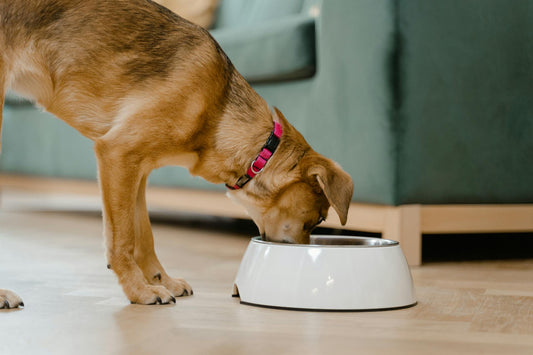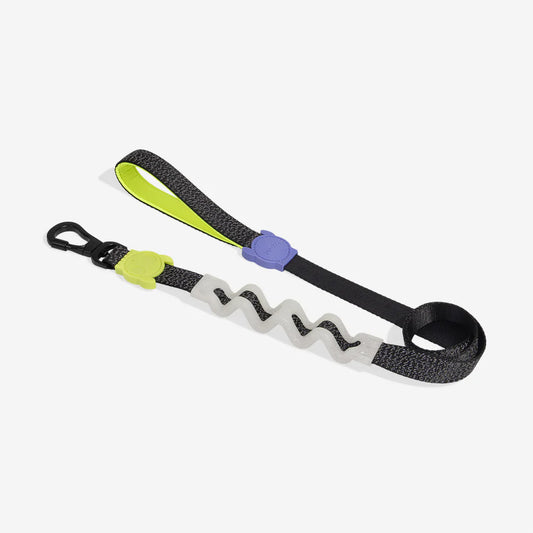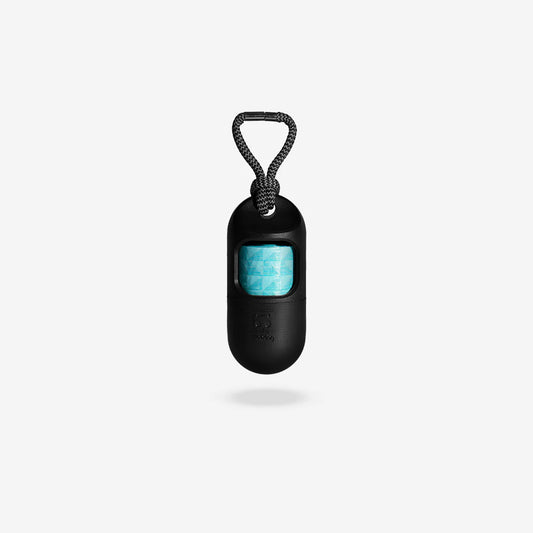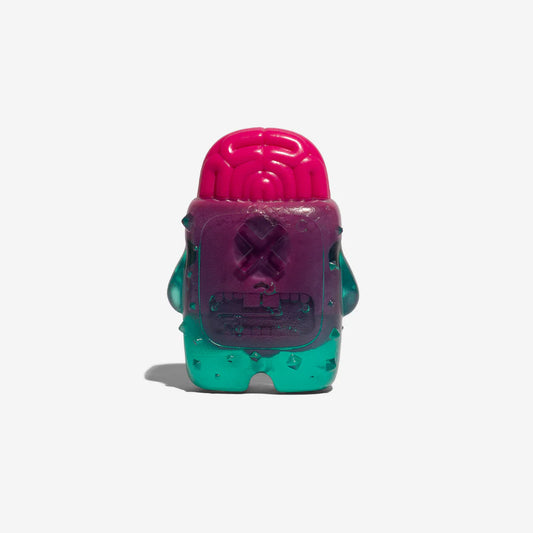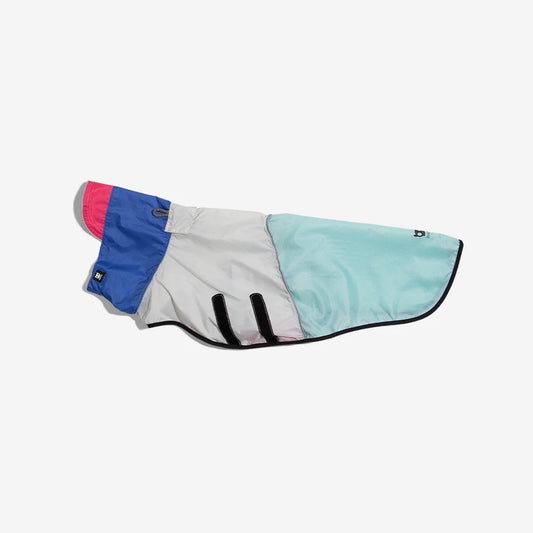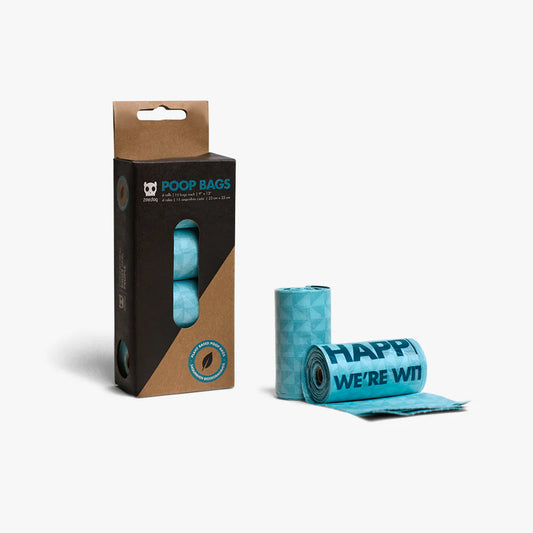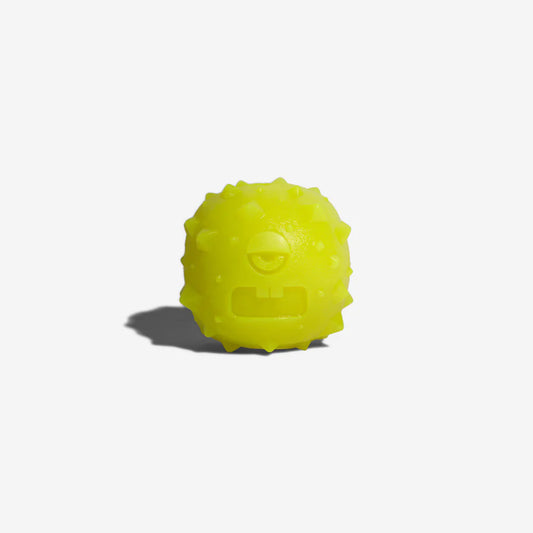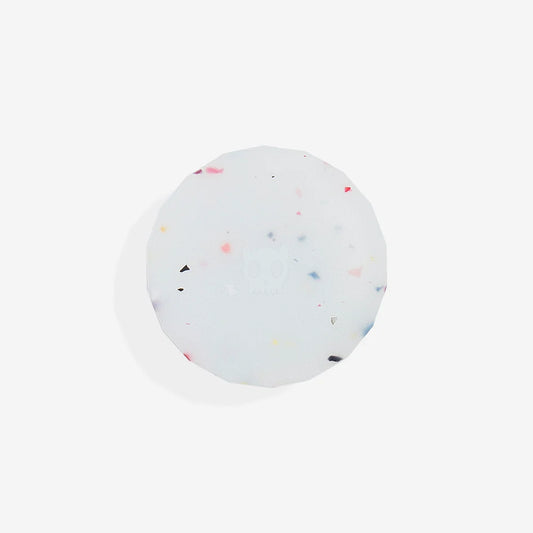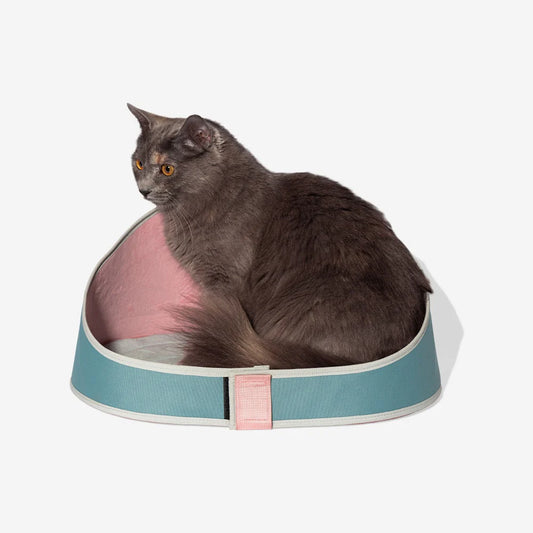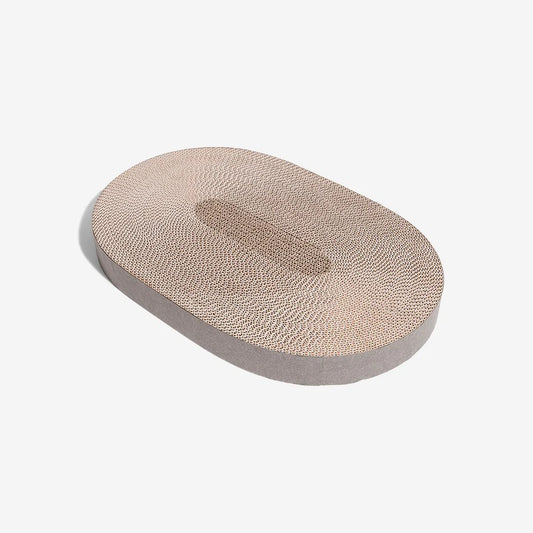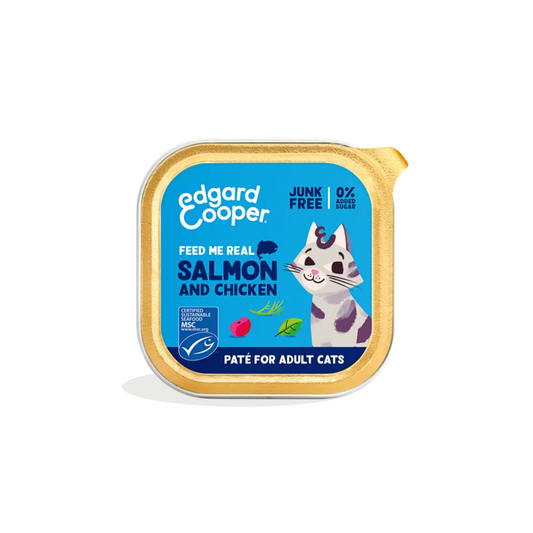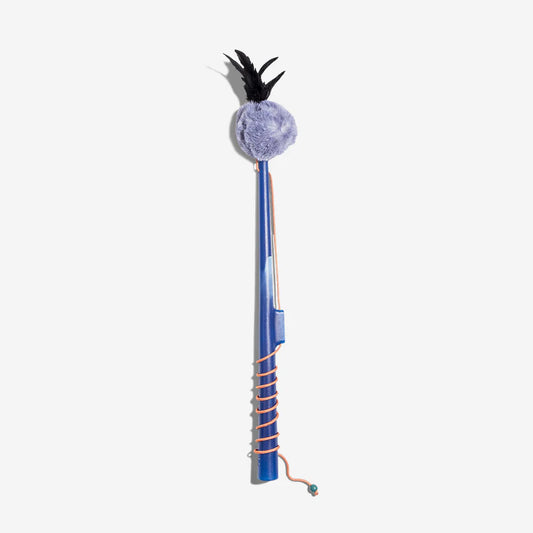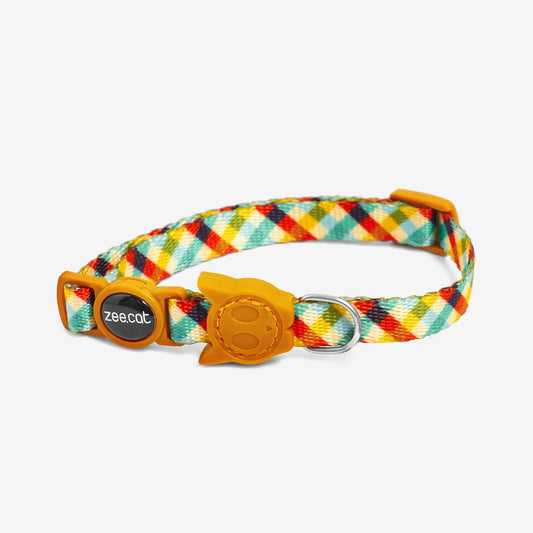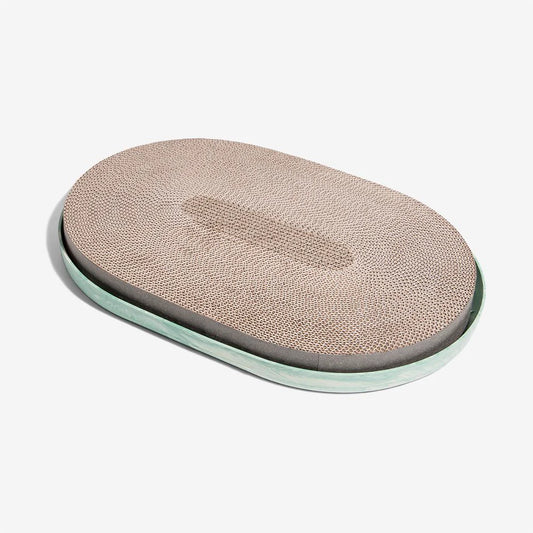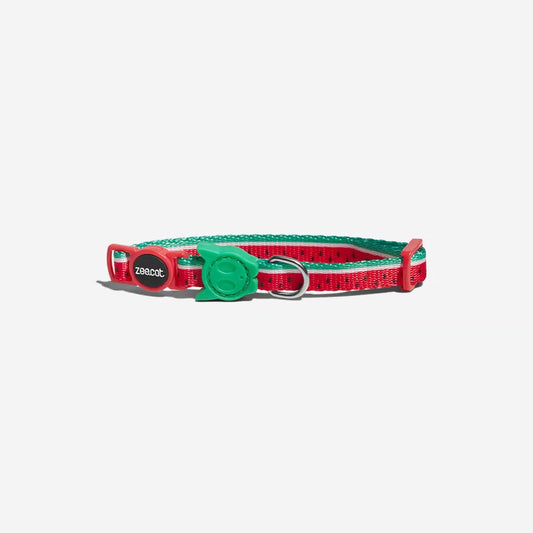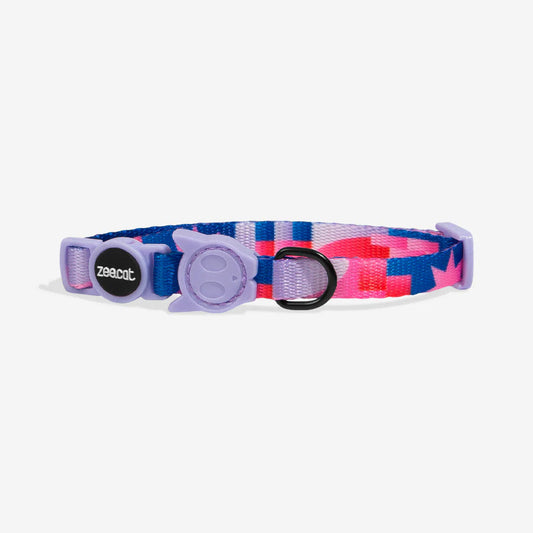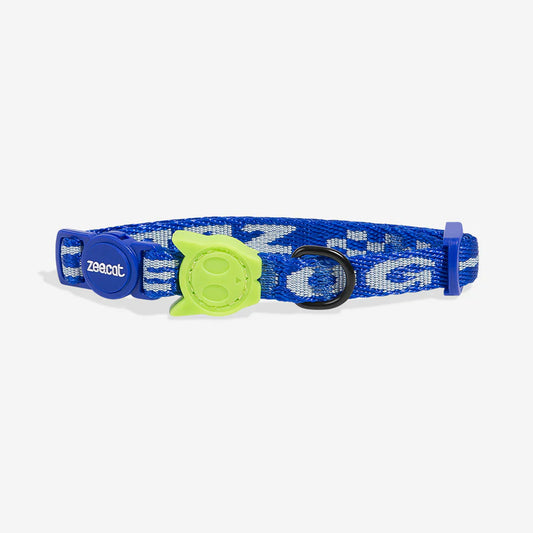Rosemary is a popular herb known for its culinary and medicinal uses. It has a distinct aroma and flavor that can enhance the taste of various dishes. However, some people also use rosemary for its potential benefits for hair health. This raises the question: is rosemary good for a dog's hair?
While there is limited scientific research on the effects of rosemary on canine hair, some pet owners and groomers believe that it can be beneficial. Rosemary contains antioxidants and anti-inflammatory compounds that may promote healthy hair growth and reduce skin irritation. Additionally, its natural fragrance can help mask unpleasant odors and leave a pleasant scent on the dog's coat. However, it is important to note that not all dogs may react well to rosemary, and it is always best to consult with a veterinarian before introducing any new products or ingredients to your dog's grooming routine.
Benefits of Rosemary for Dog Hair
Rosemary is a popular herb known for its various health benefits. It is not only beneficial for humans but also for dogs. Rosemary contains natural antioxidants, which help in maintaining healthy skin and hair. This herb is also known for its anti-inflammatory, antimicrobial, and antiseptic properties. Here are some of the benefits of rosemary for dog hair:
Natural Antioxidants
Rosemary contains natural antioxidants, such as carnosic acid and rosmarinic acid. These antioxidants help in neutralizing free radicals, which can damage the skin and hair. Free radicals are unstable molecules that can cause oxidative stress, leading to various health problems. By using rosemary, dog owners can prevent oxidative stress, which can cause hair loss, dry skin, and other skin problems.
Improved Circulation
Rosemary is known for its ability to improve blood circulation. When applied to the skin, it dilates blood vessels, allowing more blood to flow to the hair follicles. This increased blood flow provides essential nutrients and oxygen to the hair follicles, promoting healthy hair growth. Improved blood circulation can also help in reducing inflammation and swelling, which can cause hair loss.
Antimicrobial Properties
Rosemary has antimicrobial properties that help in preventing bacterial and fungal infections. These infections can cause skin irritation, itching, and hair loss. By using rosemary, dog owners can prevent these infections, ensuring healthy and shiny hair for their furry friends. Rosemary can also help in reducing dandruff, which is a common problem in dogs.
In conclusion, rosemary is a natural and safe herb that can provide various benefits to dog hair. It contains natural antioxidants, improves circulation, and has antimicrobial properties. By using rosemary, dog owners can ensure healthy and shiny hair for their furry friends.
Considerations Before Using Rosemary
Allergy Testing
Before using rosemary on your dog's hair, it is important to perform an allergy test. This involves applying a small amount of rosemary oil to a small area of your dog's skin and waiting for at least 24 hours to observe any adverse reactions. If your dog experiences any itching, redness, or swelling, discontinue use immediately.
Proper Application Methods
When using rosemary on your dog's hair, it is important to dilute the essential oil with a carrier oil such as coconut oil or olive oil. The recommended dilution ratio is 1 drop of rosemary oil to 1 teaspoon of carrier oil. Never apply undiluted rosemary oil directly to your dog's skin or hair as it can cause irritation and discomfort.
Consultation with a Veterinarian
Before using rosemary on your dog's hair, it is important to consult with a veterinarian. They can advise you on the appropriate dosage and application methods based on your dog's specific needs and health conditions. Additionally, if your dog is pregnant, nursing, or has a medical condition, it is important to seek veterinary advice before using rosemary on their hair.
Overall, while rosemary can offer potential benefits for your dog's hair, it is important to take the necessary precautions and consult with a veterinarian before use.


